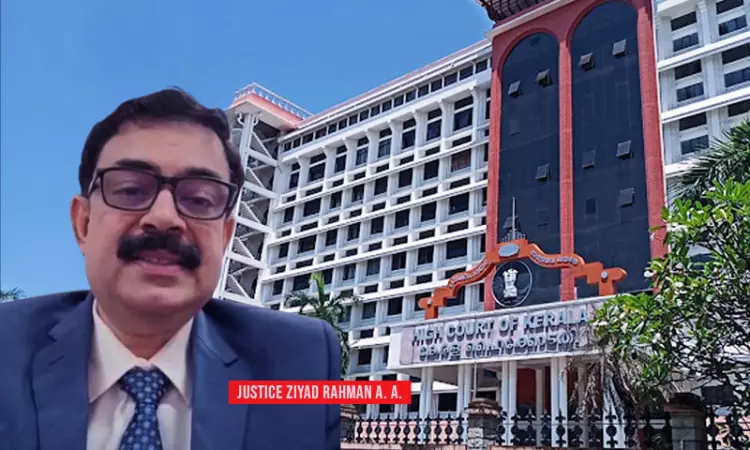Section 113 (3) Motor Vehicles Act | Owners Also Liable When Vehicle Driven With Excess Weight: Kerala High Court
Navya Benny
23 Jan 2023 4:22 PM IST

Next Story
23 Jan 2023 4:22 PM IST
The Kerala High Court on Friday observed that owners of the vehicles are also liable to be prosecuted under Section 113(3) of the Motor Vehicles Act, 1988 in case they have permitted the vehicle to be driven with excess weight. Hearing a batch of petitions challenging the proceedings initiated under Sections 113(3)(b) r/w. Section 194(1) of the Motor Vehicles Act, the court said the...
